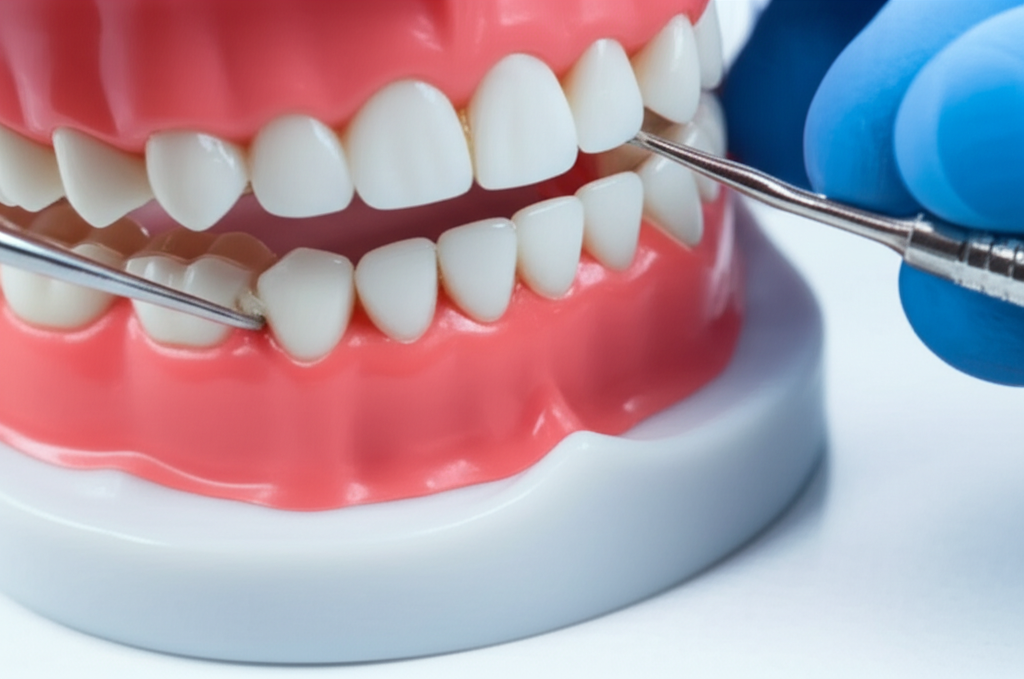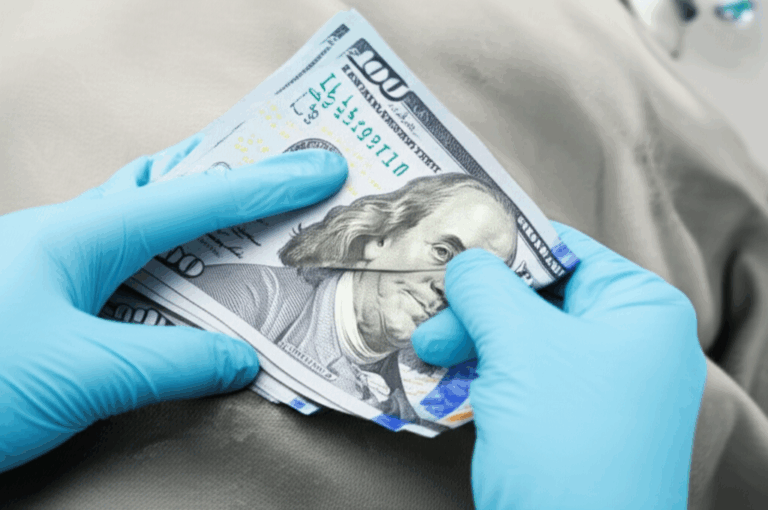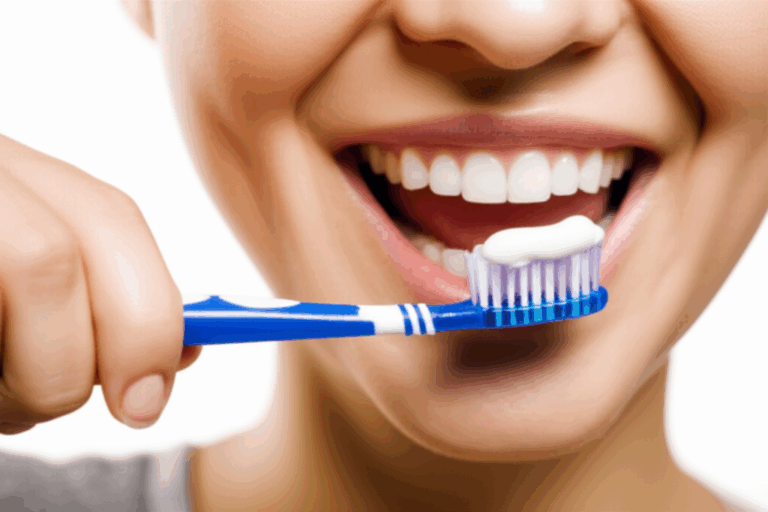
How to Safely Remove Dentist Glue from Your Teeth: A Comprehensive Guide
Before you start poking at your teeth, take a deep breath. This guide will help you figure out the safest ways to get dentist glue off your teeth—no matter if it’s from braces, a temporary crown, or a retainer. I’ll show you gentle things you can try at home, what you shouldn’t do, and when it’s time to call your dentist. You’ll get expert tips, find out why some glue won’t go away, and learn how to keep your enamel safe. Let’s get your teeth feeling smooth and healthy, step by step.
Table of Contents
What Is Dentist Glue and Why Would You Need to Remove It?
Ever found a sticky spot or rough patch on your tooth after braces were taken off or after having a temporary crown? That’s what people call “dentist glue” (the real name is dental adhesive or dental cement). Dentists use these glues to stick on brackets, crowns, fake teeth, and other things.
So, why do you need to get rid of it? After dental work, sometimes small bits of glue are left on your teeth or gums. Maybe you got your braces off but there’s still hard stuff stuck to your tooth. Or you lost a crown, but glue is still there. This glue can make teeth feel rough, hold onto food, or even bother your gums. That’s why lots of people—like you—want to get rid of it safely.
Is It Safe to Remove Dental Glue at Home?
Let’s be honest: sometimes you just want to fix things yourself. But is it really okay?
It depends. If it’s just a thin leftover bit from a temporary crown, you might be able to handle it with good brushing or oil pulling. But if it’s a big, hard chunk or something that’s making you hurt, call your dentist and don’t try to fix it yourself.
Never use sharp things, strong chemicals, or anything that could scratch your teeth or make your gums bleed. Remember, once tooth enamel is damaged, it won’t come back.
What Types of Dental Glue Are There?
There isn’t just one kind of dental glue. Here are the main ones you might see:
- Temporary Cements: Used to keep in crowns or fillings for a short time. These are made to come off more easily.
- Orthodontic Adhesive: Used for braces or retainers. Very strong and not easy to get off at home.
- Composite Resins: Used for bonding things like veneers. Made to stay on unless a dentist takes them off.
Here’s a table to make it clear:
| Dental Glue Type | Where Used | Removal Difficulty |
|---|---|---|
| Temporary Cement | Crowns, Fillings | Easy-Moderate |
| Orthodontic Adhesive | Braces, Brackets, Retainers | Difficult |
| Composite Resin | Veneers, Bonding, Bridges | Very Difficult |
How you can get glue off depends a lot on which kind was used. Another reason to check with your dentist if you’re not sure.
How Do You Tell If Glue on Your Teeth Is a Problem?
So you spotted something strange on your teeth. How do you know if it needs to come off, or if you should just leave it?
Signs It’s Not a Big Deal:
- Just a tiny bit left after getting a crown or braces off.
- No pain or sore spots.
- Glue feels thin—almost like a film—and can be scratched lightly with your nail (be gentle!).
Watch Out For:
- Glue covers a lot of your tooth, or feels really rough and hard.
- Your gum looks red, swollen, or is bleeding.
- Tooth hurts, is extra sensitive, or tastes bad.
- The glue just won’t come loose, and you feel worried about it.
If any of these are happening, skip home fixes and see your dentist soon.
What Are Safe Home Remedies for Removing Dental Glue?
I’ve tried a few gentle tricks myself after a temporary crown. The best way is to be gentle and keep at it. Here are some safe things you can do:
Gentle Cleaning:
- Soft Toothbrushing: Use a soft-bristled toothbrush with regular toothpaste. Brush twice a day and focus on where the glue is.
- Flossing & Interdental Brushes: Good for cleaning between teeth, especially if glue is by your gum.
- Water Flosser: Water flossers help get rid of any loose bits.
- Plastic Tools (Only if Safe): If you see glue that’s barely there, you can try using a clean fingernail or a plastic toothpick to move it. Never use anything metal!
Ways to Soften Glue:
- Oil Pulling: Swish coconut, olive, or regular cooking oil in your mouth for 5-10 minutes. This sometimes helps soften glue.
- Warm Saltwater Rinse: Mix a little salt in warm water and rinse. It soothes your gums and might help with small bits of glue.
- Warm Water Swishing: Just rinsing with warm water can sometimes help loosen sticky spots.
Remember: These probably won’t work for really strong glues, like those used for braces or veneers, but can help for small, sticky leftovers.
What Should You Not Do When Removing Dental Glue?
I’ve heard some wild ideas—and I’ve tried a few things that I shouldn’t have before I knew better. Here’s what NOT to do:
Never Use:
- Metal Tools: No paperclips, no tweezers, none of that. You could break your teeth or scratch them up.
- Rough Cleaners: Don’t use kitchen powders or hard scrubbing kinds of toothpaste.
- Strong Chemicals: Don’t use nail polish remover, rubbing alcohol, or anything like that—these can hurt your mouth and even make you sick if swallowed.
- Hard Scraping or Picking: Don’t try to “dig” out the glue. You might rip your gums or hurt your enamel.
- Ignore Pain or Blood: If it starts hurting or you see blood, stop right away and talk to your dentist.
Pay attention to your teeth and gums—if they hurt, sting, or bleed, that’s your body telling you to stop.
When Should You Call Your Dentist?
Sometimes you try all the safe stuff and glue is still there—or things start feeling worse. Here’s when you should definitely call your dental clinic:
- Bad Pain or Sensitivity: If your tooth is throbbing, aching, or extra sensitive to hot/cold.
- Big Stuck Glue: When the glue is really stuck and won’t move at all.
- Tooth Feels Rough or Damaged: Smooth teeth are important. If you feel a rough spot that catches your nail, your enamel might be chipped.
- Bleeding Gums: Home tricks should never make you bleed.
- Allergic Reaction: If your mouth swells or you get hives, get help right away.
- Unsure: If you don’t know what kind of glue was used, or you’re just uneasy.
A trusted dentist like Dr. Joe Dental says it’s usually best to play it safe and see a pro. Quick help can keep small problems from turning into big ones.
How Do Dentists Remove Dental Glue Professionally?
When I had braces, I loved getting them off, but there was still glue stuck on my teeth. The dental team took care of this, and here’s how:
Professional Removal Methods:
- Scaling & Polishing: The dentist or hygienist uses light tools (like a special scaler or tool that vibrates) to remove stuck glue. They know how to avoid scratching your enamel!
- Micro-Etching or Air Abrasion: For really tiny spots, dentists use a spray of fine powder and air to gently remove leftovers.
- Polishing Pastes & Burrs: They use smooth pastes and spinning tools to make your tooth feel slick and smooth.
Dentists are trained to know how much pressure to use and stop before hurting your teeth—something you can’t really do at home.
Interested in how pros do it? Here’s more about digital dental lab tech that helps dentists work with accuracy.
How Can You Prevent Glue Residue in the Future?
Wouldn’t it be nice if you never had leftover glue in the first place? Prevention is the best fix.
How to Avoid Glue Problems:
- Talk to Your Dentist: Ask what glue is being used if you’re getting crowns, veneers, or braces.
- Get Checked After Treatment: Before you leave the office, ask your dentist or their helper to make sure there’s no extra glue on your teeth.
- Keep Good Oral Care: Brush two times every day, floss, and rinse with fluoride mouthwash. Clean teeth are easier for your dentist to check for leftover glue.
- Go to Regular Checkups: See your dentist twice a year, or more if you have dental work coming up.
- Don’t Try Fixing at Home If Unsure: Sometimes glue just won’t budge, or you’re not sure what it is. Better to visit your dentist than make it worse.
Just had a crown or bridge put in? Check with your crown and bridge lab about how to look after your teeth.
Frequently Asked Questions
Q: Can dental glue hurt my teeth?
A: Glue put on and taken off by your dentist is safe. But if you use hard tools or strong chemicals, you can scratch or weaken your teeth.
Q: How long does dental glue stay on?
A: Temporary glue is made to last a couple of weeks while you wait for your crown or filling. Glue for braces stays until the dentist takes them off. Any leftover should be taken off as soon as you notice it.
Q: What if I swallow a bit of dental glue?
A: Swallowing a tiny bit usually isn’t dangerous, but bigger pieces or glue not meant for teeth can be bad. If you feel sick or can’t breathe, contact a doctor fast.
Q: What if I got super glue on my tooth?
A: Don’t panic. Never try to pick it off or use chemicals. Call your dentist—this is an emergency!
Q: How can I check if all the glue is gone?
A: Rub your tongue over your tooth. If it feels smooth and not rough or sticky, you’re probably fine. Your dentist can check with a tool at your next visit.
Key Points to Remember
- Start gentle: Soft tooth brushing, flossing, and maybe oil pulling can help with small leftover glue.
- Never use sharp tools or harsh cleaners on your teeth.
- If you hurt or bleed, stop! Call your dentist for help.
- Dentists have the right tools and experience to keep your teeth and gums safe.
- Prevent leftover glue: Take care of your teeth, ask smart questions, and check before leaving after dental work.
Keep your smile strong. When in doubt, let your dentist help you so your teeth stay healthy and glue-free for many years!
References
- American Dental Association (ADA) Guidelines: Safe Dental Restoration and Cement Removal
- Dr. Joe Dental, DDS – Professional Review
- FDA Dental Materials Safety Outline
- Real-World Patient Experiences (Stories)
Entities and Keywords Used: Dentist, orthodontist, dental glue, dental cement, glue, enamel, gums, floss, toothbrush, temporary crown, braces, retainer, buttons, veneers, bonding, coconut oil, olive oil, saltwater rinse, dental scaler, polishing tool, dental probe, dental office, oral care, tooth pain, gum bleeding, ADA, FDA, dental cement types, dental bridges, dentures, acetone, oral health, fluoride, dental checkups, scaler, tool, handpiece, acid etch, dental bib, suction, and similar words.








